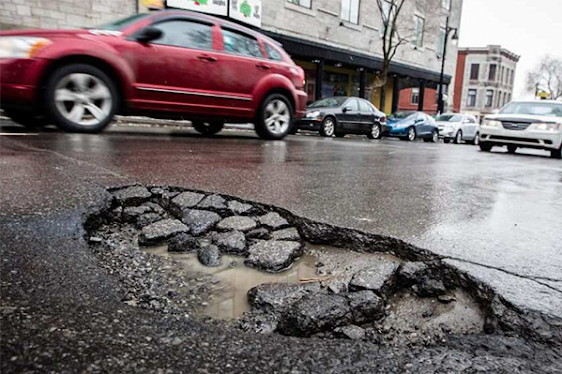How Long Does an MOT Test Take and 5 Ways to Plan Ahead
Every year, British drivers have to take their cars in for a mandatory safety check called an ‘MOT’ (Ministry of Transport) test. The purpose of this check is to ensure that all vehicles are safe for road use, reducing the risk of accidents or any other hazards on the roads.
How long does an MOT test take?
To make sure everything runs smoothly during your appointment, here are five great ways to plan ahead:
1. Get Organized
Booking appointments far enough in advance ensures that customers don’t have too many delays due waiting times etc., plus allows them ample opportunity adjust times/dates if necessary too avoid any overlap with other commitments they may have booked beforehand themselves already (e.g work/family).
3. Have Necessary Parts Ready
If anything needs replacing or repairing prior attending one’s appointment then having those parts ready can save valuable time during testing processes – ensuring less disruption caused by external suppliers being involved later down line instead since issues could already be resolved before arriving at garage itself meaning quicker turnaround times overall than normal scenarios would involve otherwise!







Comments
Post a Comment